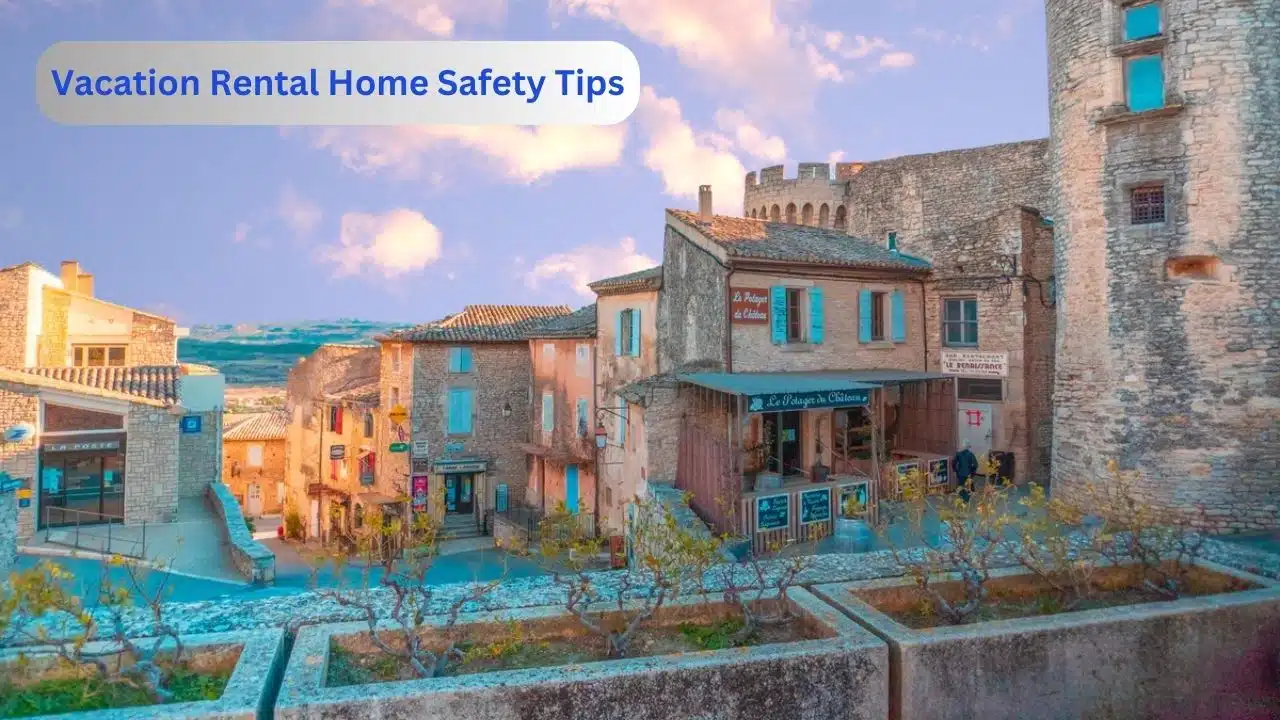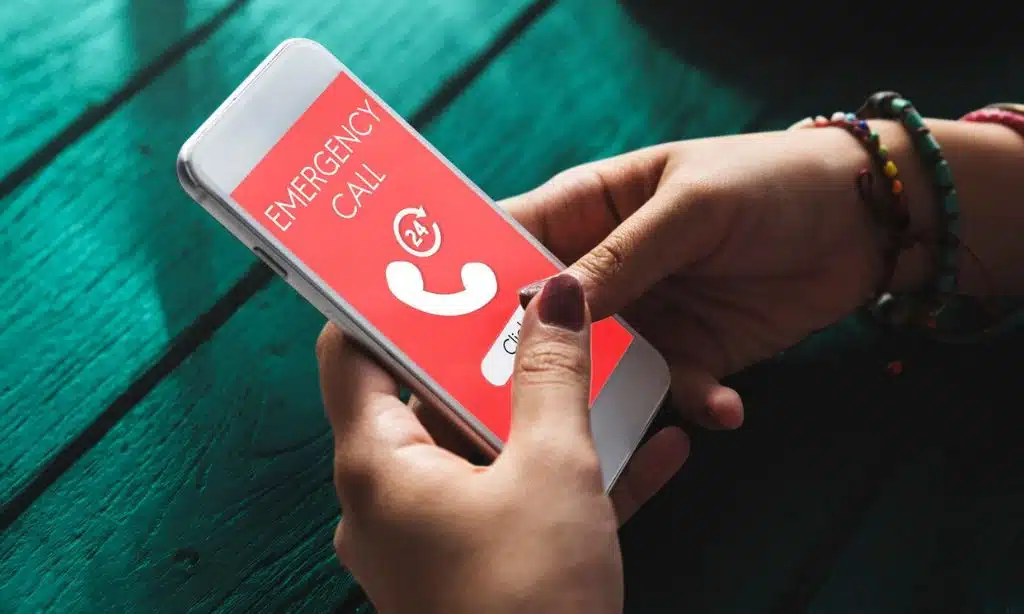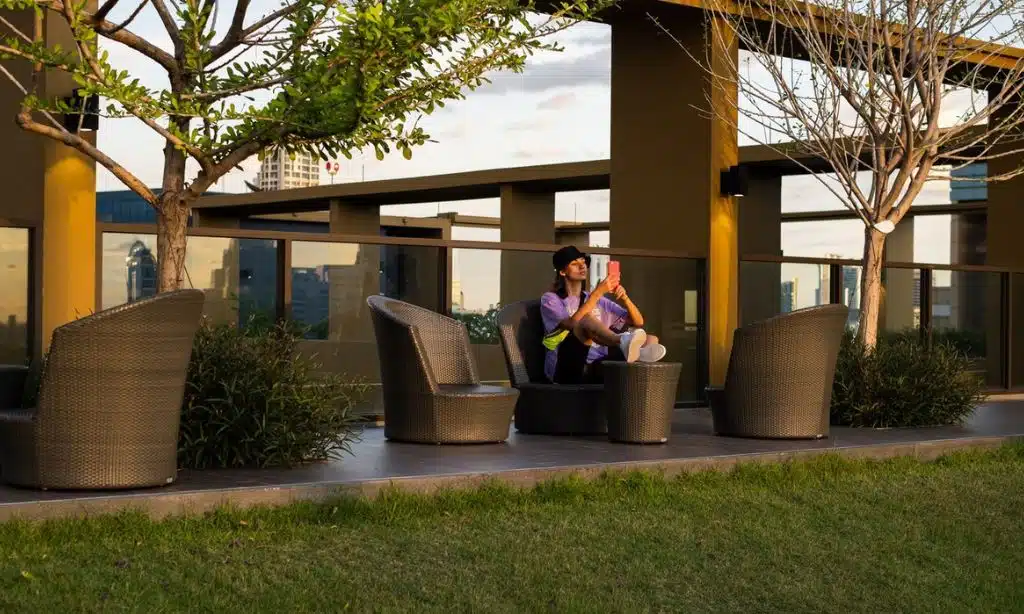As a vacation rental owner, one of your top priorities should be ensuring the safety, comfort, and well-being of your guests. Creating a safe environment not only protects your guests from potential accidents or emergencies but also contributes to positive reviews, enhanced trust, and increased likelihood of repeat bookings.
Ensuring that guests feel safe and secure in your rental builds credibility and strengthens your reputation. Here are essential vacation rental home safety tips to help you create a secure space for your guests while minimizing risks and improving their overall experience.
1. Conduct Regular Inspections of Your Property
Frequent property inspections are essential to maintaining a safe and well-functioning rental environment. Walk through your property before each new guest arrives, meticulously examining areas for any potential hazards, wear, or damage. Key aspects to inspect include:
- Structural Elements: Check for loose floorboards, cracks in walls, and signs of mold or water damage.
- Stairs and Railings: Ensure that staircases are sturdy, railings are secure, and that there are no loose steps. If your property has balconies or elevated spaces, double-check for stability.
- Appliances and Utilities: Test all major appliances like stoves, ovens, heaters, and air conditioning units to ensure they’re functioning correctly. Faulty appliances can be dangerous, leading to fire hazards or electric shocks.
Create a thorough checklist covering all areas of your rental, from bathrooms and kitchens to outdoor spaces and basements. Taking this preventive approach can significantly reduce the risk of incidents and keep your property in top condition. Regular inspections also allow you to identify maintenance needs proactively, saving you from potential costly repairs down the line.
2. Install and Regularly Test Smoke and Carbon Monoxide Detectors
Working smoke and carbon monoxide detectors are fundamental for protecting guests from potential fire and gas-related hazards. Install these detectors in high-risk areas such as kitchens, bedrooms, and near fireplaces or gas-powered appliances. Proper placement and maintenance of detectors ensure maximum effectiveness.
- Testing and Maintenance: Test detectors every month to confirm they’re functioning. Replace batteries as needed and consider replacing units based on manufacturer recommendations (usually every 5-10 years).
- Clear Instructions for Guests: Include simple instructions on what to do in case the alarm sounds. These instructions can be placed in a welcome guide or near the detectors themselves.
Smoke and carbon monoxide detectors are relatively affordable but play a crucial role in guest safety. They not only provide peace of mind for your guests but also safeguard your property against potential fire or gas-related emergencies.
3. Provide Accessible Emergency Information and Contact Details
In an emergency, every second counts. Make it easy for guests to access crucial emergency contact information and procedures. To ensure that guests are well-informed in the event of an emergency:
- Create a Clear Guide: This guide should include local emergency numbers, your direct contact information, and instructions for locating exits or emergency equipment like fire extinguishers.
- Visible Placement: Position this information in high-traffic areas, such as on the refrigerator, near the front door, or in a dedicated welcome binder.
By clearly displaying emergency details, you empower your guests to act quickly if needed and help them feel safe, knowing that they have a plan should something go wrong. This small step demonstrates care and enhances the overall guest experience.
4. Ensure Sufficient Lighting Inside and Outside the Property
A well-lit property can significantly improve safety and create a welcoming ambiance. Adequate lighting helps prevent trips, slips, and falls and can also deter unwanted visitors. Here’s how to ensure your rental property has optimal lighting:
- Outdoor Lighting: Install lights at all entry points, along walkways, and around staircases. Motion-sensor lighting can be a great addition for outdoor spaces as it enhances security while conserving energy.
- Indoor Lighting: Ensure that hallways, staircases, and other potentially hazardous areas are illuminated. Regularly check for and replace burnt-out bulbs to maintain consistent lighting levels. LED bulbs are an energy-efficient choice with longer lifespans.
Proper lighting provides visibility and safety, particularly for guests who may be unfamiliar with the property layout. By taking time to ensure your property is well-lit, you can prevent accidents and create a secure and welcoming environment.
5. Secure Your Property with Locks, Alarms, and Cameras (If Appropriate)
Implementing essential security measures can enhance guest confidence in your property. When guests feel secure, they are more likely to enjoy their stay and leave positive reviews. Key security practices include:
- Door Locks: Install deadbolt locks on all entry doors to ensure that only authorized guests have access. You may also consider a smart lock system that allows you to remotely manage access and provides added convenience.
- Window Locks: Ensure that all windows, especially on ground floors, have functional locks for added security. Test these locks during each inspection.
- Security Cameras: If permitted, install outdoor security cameras to monitor entry points. Ensure you disclose the presence of cameras to guests and avoid placing cameras in private areas.
By implementing these security features, you protect your property and provide peace of mind for guests, allowing them to relax knowing they’re in a secure environment.
6. Use Vacation Rental Insurance for Comprehensive Protection
Vacation rental insurance is designed to protect short-term rental properties from specific risks associated with hosting guests. Unlike traditional homeowner’s insurance, this specialized coverage addresses unique scenarios, such as guest injuries or accidental property damage. Vacation rental insurance typically covers:
- Liability Protection: Covers costs associated with guest injuries on your property.
- Property Damage: Provides coverage if a guest accidentally damages furniture, appliances, or other property elements.
- Income Loss: In some cases, policies may even cover loss of income if a property is damaged and cannot be rented.
Having vacation rental insurance reduces financial risks and reassures guests that your property meets safety standards. This proactive step not only safeguards your investment but also demonstrates your commitment to maintaining a safe environment.
7. Educate Guests on Property Safety Features and Procedures
Guests may not be familiar with your property’s layout or unique safety features. Taking time at check-in (or through a welcome guide) to explain safety measures ensures they feel comfortable and well-informed. Key topics to cover include:
- Appliance Operation: Show guests how to safely use stoves, fireplaces, or other potentially hazardous appliances.
- Security Systems: If applicable, explain any alarm systems or locks so guests know how to use them.
- Emergency Exits and Supplies: Point out emergency exits, fire extinguishers, and where to locate the first aid kit.
Educating guests helps them feel more at ease and reduces the chance of accidental misuse of your property’s features. This small investment of time creates a safer and more enjoyable experience.
8. Provide a Well-Stocked First Aid Kit for Minor Injuries
Accidents can happen, so having a basic first aid kit on hand is a thoughtful and practical way to show guests you care about their well-being. A well-stocked first aid kit should contain:
- Essentials: Include adhesive bandages, antiseptic wipes, gauze, scissors, and pain relievers.
- Instructions: Include a basic guide for treating minor injuries. You can print a simple first aid guide from reputable health organizations.
Place the first aid kit in an easily accessible location and inform guests where to find it. This simple provision can make a big difference if guests need to address minor injuries or ailments during their stay.
9. Create a Safe and Inviting Outdoor Space
If your vacation rental includes outdoor amenities like patios, pools, or garden areas, take extra care to make these spaces safe for guests to enjoy. Here’s how:
- Pool Safety: If you have a pool, install fences, self-latching gates, and pool covers to prevent unauthorized or unsafe access, especially if guests include children.
- Uneven Surfaces: Ensure that walkways, patios, and outdoor steps are level and free from trip hazards. Address uneven areas promptly to prevent falls.
- Clear Marking of Hazards: If certain areas are steep, slippery, or pose potential hazards, place clear warning signs to alert guests.
Maintaining safe outdoor spaces enhances the appeal of your property and reduces the risk of accidents. Thoughtful design and regular maintenance can make outdoor spaces safe and enjoyable for all guests.
10. Encourage Open Communication and Feedback from Guests
Inviting guests to share feedback about their stay helps you promptly address any safety concerns and continuously improve. Create an open line of communication by:
- Providing Contact Information: Give guests an easy way to reach you, whether via phone, email, or through the booking platform’s messaging system.
- Encourage Reporting of Issues: Encourage guests to report maintenance or safety concerns right away. Promptly addressing any issues shows that you value their safety and satisfaction.
By fostering open communication, you demonstrate to guests that you are attentive and committed to their well-being. This approach helps build trust and increases the likelihood of positive reviews.
Takeaways
Ensuring guest safety is a vital aspect of running a successful vacation rental business. By proactively addressing potential hazards, installing essential safety devices, and investing in comprehensive insurance, you create a secure, comfortable environment that guests will appreciate. Each safety measure, from regular inspections to providing emergency information, contributes to a seamless and enjoyable experience for your guests.
A safe, well-maintained property not only protects your guests but also bolsters your reputation, enhances guest satisfaction, and encourages repeat bookings. Investing time and resources into guest safety can have a lasting positive impact on your vacation rental business, making it an essential part of your long-term strategy.




































